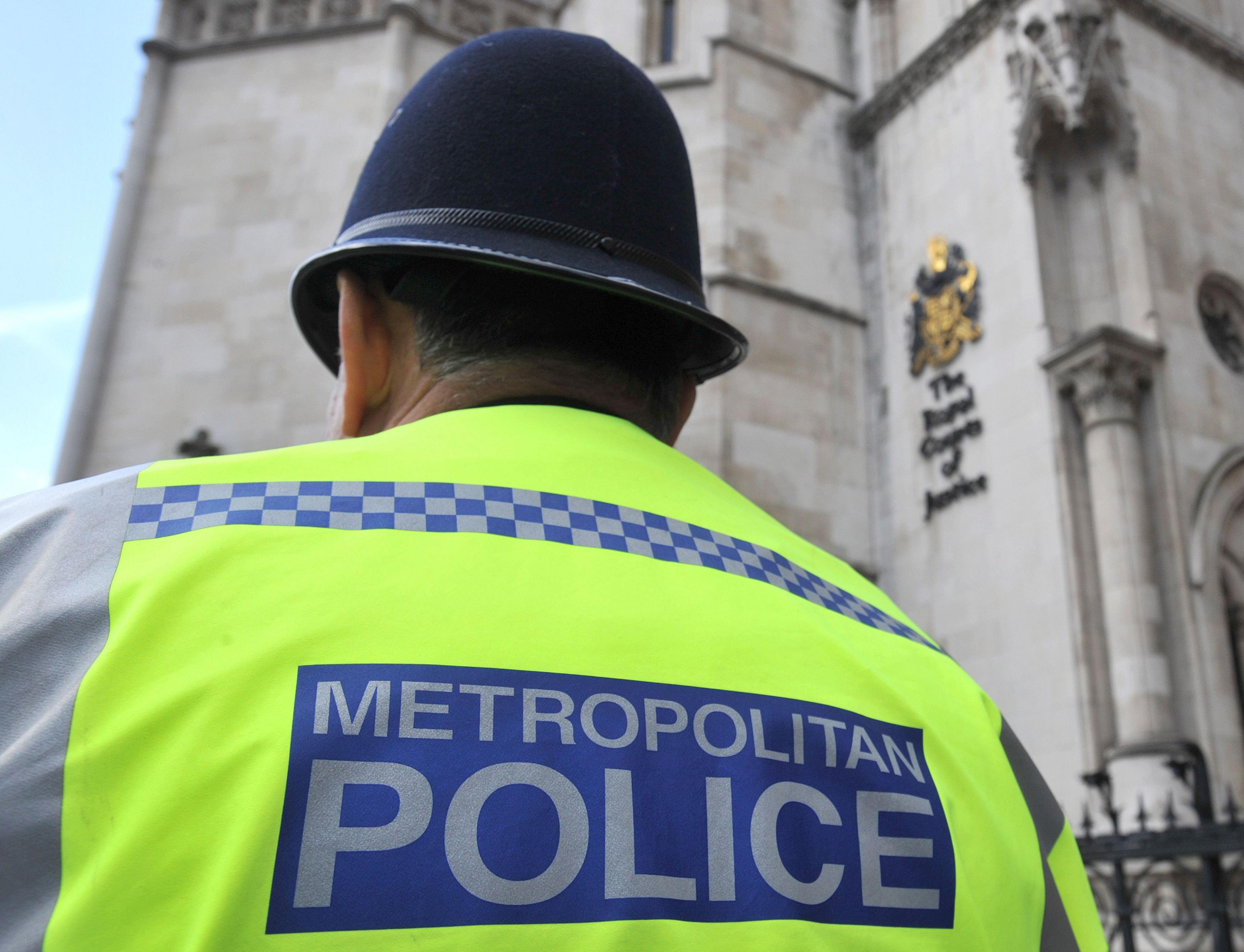Met officer co-writes guide for autistic people

The guide advises officers to avoid using police terminology
- Published
A senior Met Police officer who is the father of two autistic children has co-written a guide to help autistic people if they are stopped by the police.
The officer decided to create the guide when he realised the advice he was giving his children was what he says all autistic people should know.
It has been shared with every police force in the UK and also offers advice to officers about how to question or stop and search an autistic person.
The guide was co-written with Sean Kennedy, a barrister who is himself autistic and has autistic children.
The officer, who did not wish to be named, said as his 14-year-old son had grown up, he had often worried about what would happen if he was stopped by a police officer.
"Being stopped and searched... would be an incredibly stressful experience for my son," he explained.
"The situation could quickly spiral into a traumatic experience if the police officer did not know he was autistic, or if the police officer did not know the best way to interact with him."
Policing: 'An attractive job for autistic people'
- Published1 April 2018
What is autism?
- Published1 April 2021
He added he would worry about how his son would react and wondered if autistic people might relate to his characteristics.
"Would he understand what was happening? Would he become stressed and angry? Would he try to run away?" he said.
"Maybe he would even confess to crimes he hadn't committed, to try and make the police officer leave him alone."
The officer added if it was "very noisy and busy around him, he becomes stressed and wants to remove himself from the situation as quickly as possible".
A police officer who did not know someone was autistic or know much about autism might mistake these behaviours as being suspicious, he added.

The guide recommends police officers:
Use short and clear sentences rather than vague language
Avoid using police terminology
Do not ask a barrage of questions or use "snappy banter" or threats of non-compliance
Should have only one officer ask a question at a time
Be patient and calm
Avoid having onlookers present

The officer said he first talked to his son about what to do if he was approached by a police officer when his son was 12 years old.
He said the first thing he should do is show the police officer his Autism Alert Card, which can be applied for by emailing the Met, external.
"I then explained to [his son] everything I felt he needed to know, including his legal rights and how to help the police officer so the situation would conclude quickly."
Speaking about the guide he said hoped autistic people would read it.
"If you have a loved one who is autistic or your work involves providing support to autistic people, I also encourage you to read and discuss the guidance."
He added he and his colleagues would continue to raise awareness to police officers of how they can build strong and trusting relationships with the autistic community by "understanding and respecting their individuality".
Follow BBC London on Facebook, external, Twitter, external and Instagram, external. Send your story ideas to hellobbclondon@bbc.co.uk, external